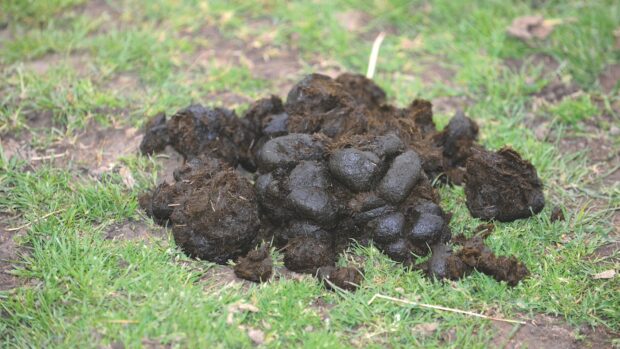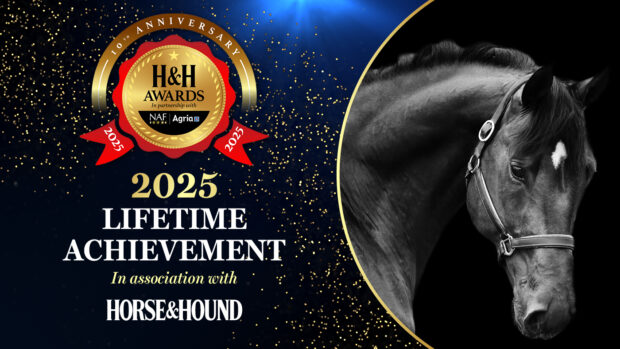More advice from equine nutritionists
Articles on equine dehydration
Q: I have just had a borehole drilled in my land where I keep four horses.
The water analysis was good, apart from the manganese content, which was 581ug/l (microgrammes per litre or parts per billion) — higher than the recommended 50ug/l for human drinking water.
I am aware that horses are sometimes lacking in manganese, but is this level safe for horses to drink?
AM, Derbyshire
The recommended manganese levels of 50ug/l for human consumption are set for aesthetic reasons, as high levels of manganese can cause fluid discolouration. Ground water often contains elevated yet safe levels of manganese.
Is there a safe level for horses?
Equine nutritionist Lizzie Drury of Saracen Horse Feeds has researched the benefits of manganese extensively in the course of her developmental work for the company.
We asked Lizzie for her advice regarding your high manganese content.
“The requirements for manganese in horses have not been firmly established. However, manganese is essential for the metabolism of carbohydrates and lipids and the synthesis of chondroitin sulphate, which is necessary in cartilage formation,” she said.
“Based on data from other species, the industry recommendation for manganese in horses is 40mg/kg dry matter.”
Will my horses drink it?
“Although the results of your water analysis exceed the upper recommended limit for manganese, the main issue here is more likely to be down to the taste of the water, rather than excessive manganese intake,” said Lizzie.
“Manganese is one of the least toxic trace minerals and there are no known instances of toxicity that have occurred.”
Could there be any side effects?
“A water source that has an unusual taste may result in reduced water intake by the horses. This can increase the risk of conditions such as dehydration and impaction colic,” said Lizzie.
“Water intake would need to be monitored to establish if the horses were exhibiting normal drinking patterns.”
Information
Saracen Horse Feeds, tel: 01622 718487 www.saracen-horse-feeds.co.uk
This article was first published in Horse & Hound (12 November, ’09)
Looking for more advice from equine nutritionists?
Read articles on equine dehydration now



